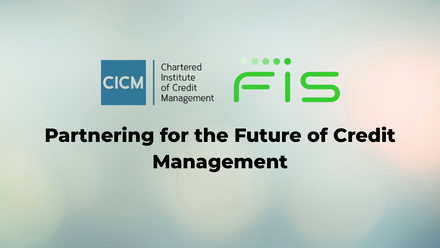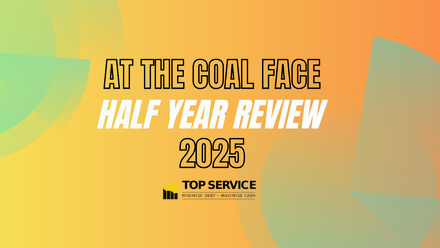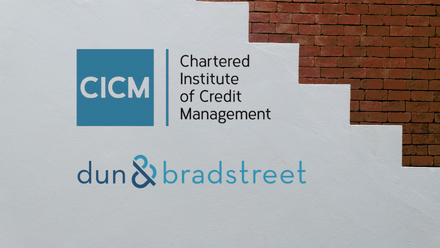Collaboration, Compliance & Innovation: Highlights from the CICM and APA Birmingham Conference
On 17th June 2025, professionals from across the credit management and accounts payable communities gathered at the Hays offices in Birmingham for the highly anticipated CICM / APA Conference. Hosted in collaboration by the Chartered Institute of Credit Management (CICM) and the Accounts Payable Association (APA), the event brought together leading experts, thought leaders, and industry practitioners to share insights, discuss emerging trends, and explore the future of AR & AP in an evolving economic landscape. Special thanks to the event sponsors, Hays, Esker & Aveiroe.
With a packed agenda also featuring expert speakers, interactive sessions, and valuable networking opportunities, the conference served as a dynamic platform for innovation, collaboration, and professional development. Whether you’re a seasoned credit manager, an aspiring finance professional, or simply interested in how the credit industry is adapting to new challenges, this blog will take you through the key highlights and takeaways from a day of inspiration and insight in Birmingham.
The conference began with a powerful joint address from Jamie Radford, CEO of the Accounts Payable Association and Sue Chapple FCICM, CEO of the Chartered Institute of Credit Management. Together, they set the tone for the day by emphasising the critical importance of collaboration between the credit and accounts payable communities. Their message was clear: in a rapidly changing economic landscape, bringing these two worlds together is not only beneficial—it’s essential for building stronger, but more agile organisations.
Liz Barclay, UK Small Business Commissioner, started with an update on the Fair Payment Code. Since its relaunch in December 2024, the code has already begun to reshape the UK’s payment culture, particularly for small businesses. With over 1,700 expressions of interest and more than 300 businesses achieving compliance through a structured Gold, Silver, and Bronze award system, the initiative is reinforcing accountability and promoting timely payment practices.
Building on the theme of financial responsibility, Jules Eames FCICM(Grad) of CICM turned attention to one of the industry’s most pressing challenges: late payments. Her session provided practical tools for managing DSO, DPO, and the cash conversion cycle, while emphasizing the importance of collaboration between departments to streamline invoicing, query resolution, and payment processing. This focus on operational efficiency laid the groundwork for the next topic: digital transformation.
Dan Weston and Matt Tipper from Esker explored how automation and AI-powered dashboards are helping unify the Accounts Payable and Receivable functions. By improving onboarding and centralising key financial data, their session highlighted the value of real-time visibility in building resilience and agility in a fast-changing environment.
This technological lens shifted dramatically as Paula Swain FCICM addressed one of the darker implications of digital advancement: AI-driven fraud. With deepfakes and synthetic identities posing real threats, her session offered stark reminders of the growing risks, underscored by real-world cases. Their insights reinforced the urgent need for robust fraud detection systems, layered defences, and proactive risk management.
Turning from risk to recruitment, the team from Hays provided a timely overview of the evolving talent landscape in finance. Their presentation focused on addressing persistent skills gaps and meeting changing candidate expectations, from flexible working to competitive compensation and employer branding. It was a strong reminder that resilience isn’t just about systems—it’s also about people.
The human element remained in focus as Laura Brown of Saint-Gobain and Gemma Durham of Inspired Entertainment discussed how aligning AP and AR teams can drive improved KPIs such as DSO and overdue debt. Their session showcased the power of cross-functional coordination in improving cashflow, managing credit limits, and achieving shared performance goals.
Bringing the day to a close, Howard Crosby returned to examine the broader economic challenges facing businesses in 2025. From rising National Insurance contributions to international trade uncertainty, his session emphasised the need for a balanced approach: cutting costs where needed but continuing to invest in long-term process improvements. Solutions like recovery audits were offered as practical tools to recover lost value and strengthen financial controls.
In summary, the APA and CICM Conference delivered more than insights, it offered a strategic roadmap for navigating the complexities of modern financial operations. With collaboration, digital innovation, and human capital at the core, the event underscored what it takes to lead with confidence in today’s evolving financial landscape.






